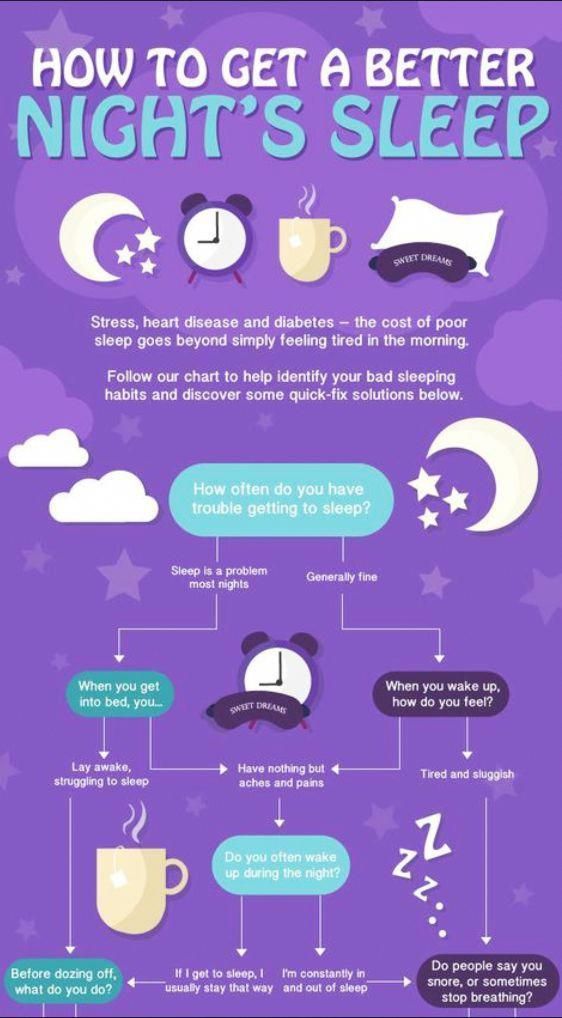The latest ad for the world's comfiest mattress is at it again. You stare enviously at the screen as the ad model bounds out of bed when the alarm clock goes off. You can't help but wonder, "Why am I always sleepy no matter how much sleep I get?"
Beyond natural morning grogginess (also known as sleep inertia) and the predictable afternoon dip, you shouldn’t constantly feel tired throughout the day.
Luckily, there are two common causes of all-day tiredness and they can be fixed. Below, we’ll cover why you’re most likely tired despite feeling like you’ve had a good night’s sleep and how the RISE app can help you get to the root of the problem and boost your energy levels.
Why am I always sleepy no matter how much sleep I get?
When is tiredness a cause for medical concern?
How to stop feeling sleepy all the time?
Anyone struggling with excessive daytime sleepiness knows how much of a drag it can be on their everyday life. Cue the impaired cognitive skills, slower reflexes, weakened immune system, and poorer mood the next day. It's also a recipe for chronic diseases further down the road. But why does it happen?
The two major culprits behind feeling sleepy all the time are:
In the next sections, we'll talk about these two common occurrences in detail.
High sleep debt dampens your energy levels and leaves you feeling sleepy throughout the day. Sleep debt is the running total of how much sleep you owe your body compared to your sleep need, which is the genetically determined amount of sleep you need each night.
To know whether or not you’ve got sleep debt, you first need to know your true sleep need.
One study suggests the average sleep need is 8 hours 40 minutes, plus or minus 10 minutes or so, but 13.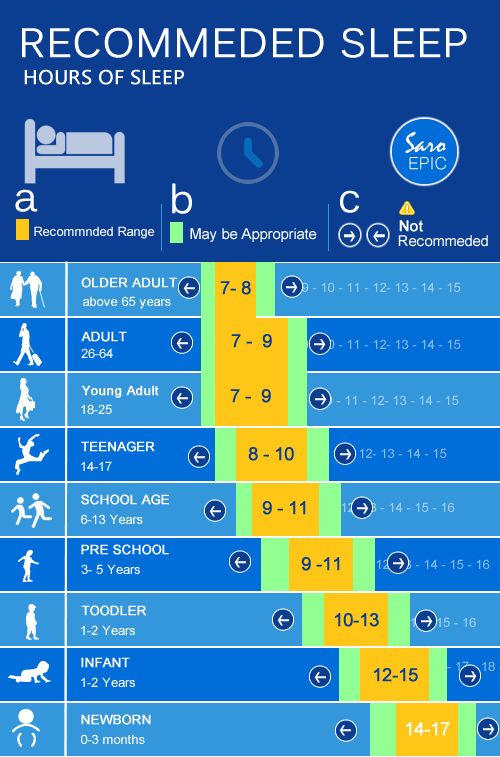 5% of the population may need 9 hours or more sleep a night.
5% of the population may need 9 hours or more sleep a night.
To find out your sleep need down to the minute, turn to the RISE app, which uses your phone use behavior and proprietary sleep-science-based models to work out exactly how much sleep you should be aiming for.
RISE can also work out how much sleep debt you have. If you often have more than five hours, this may be the reason you're sleepy all the time.
Here’s how sleep debt explains why you're sleepy all the time:
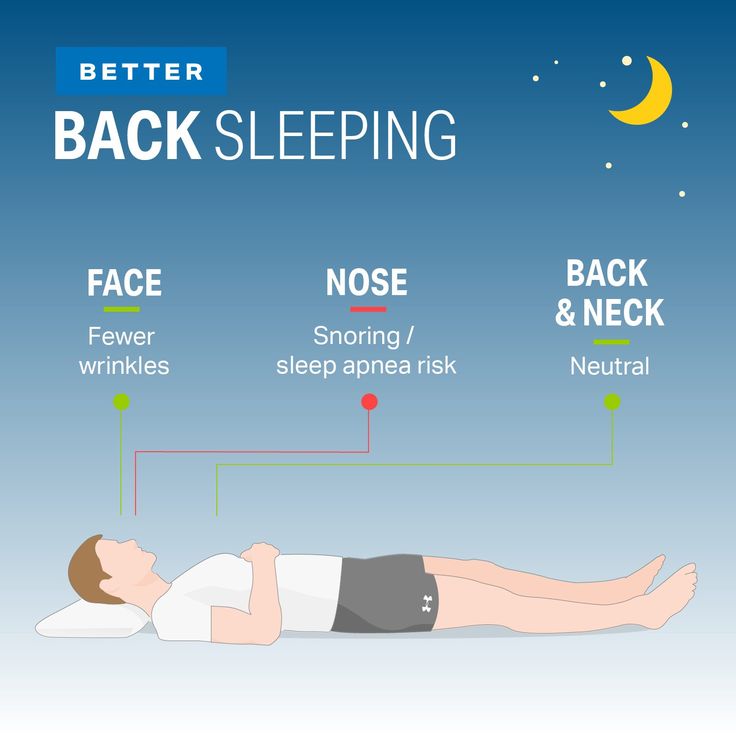 Spending eight hours in bed won’t mean you’ll get eight hours of sleep. Plus, it’s hard to estimate your own sleep times. A 2021 study found the overall agreement level between self-reported sleep data and sleep measured by a device was only 57%. The end result? Sleep debt, despite your best intentions.
Spending eight hours in bed won’t mean you’ll get eight hours of sleep. Plus, it’s hard to estimate your own sleep times. A 2021 study found the overall agreement level between self-reported sleep data and sleep measured by a device was only 57%. The end result? Sleep debt, despite your best intentions.
RISE users on iOS 1.202 and above can click here to view their sleep need.
RISE users on iOS 1.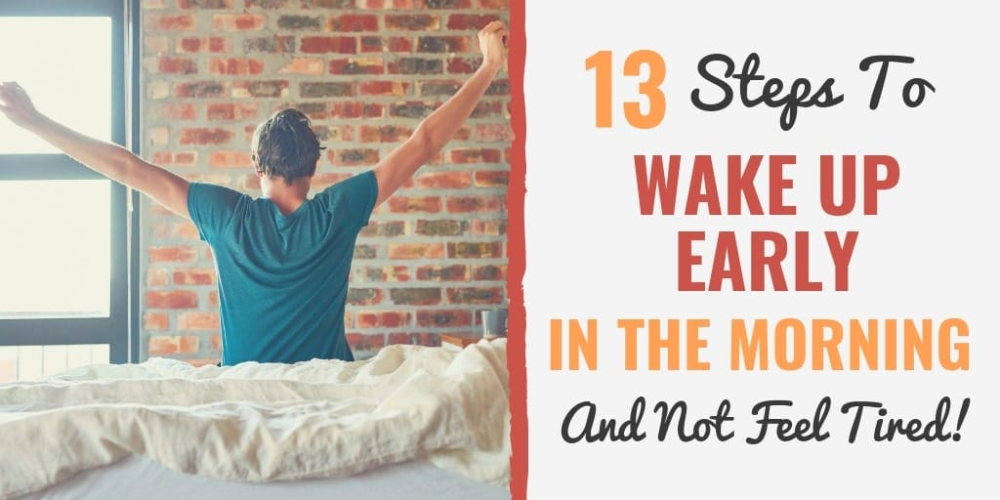 202 and above can click here to view their sleep debt.
202 and above can click here to view their sleep debt.
Another reason you might feel bone-weary tired is circadian misalignment.
Your circadian rhythm is the internal body clock that regulates vital biological processes like your sleep cycle and energy fluctuations. Going against the flow of your circadian rhythm — a later-than-usual bedtime, working the graveyard shift, etc. — incites circadian misalignment.
Daylight savings time (DST) reveals how a seemingly minor one-hour fast-forward/fall-back of your sleep pattern just twice a year has repercussions on your health and energy. The shift in the spring, for example, can incite sleep loss for anywhere between one and eight weeks, with later chronotypes often requiring a much longer time to adapt.
Below, we share three other scenarios that trigger circadian misalignment for many.
The timing of your circadian rhythm is, in part, dictated by your chronotype.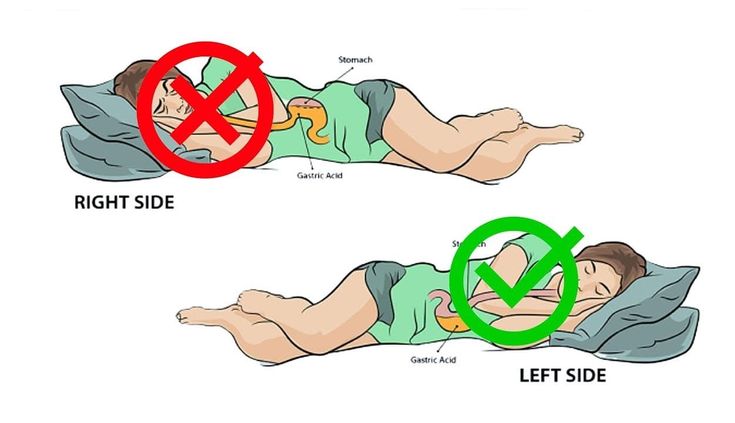 From sleeping to waking, eating to exercising, there’s a right time to carry out your daily activities if you want to be in top form. Your chronotype is why you might identify as a “night owl” or an “early bird” — with most of us somewhere in between these two extremes. What’s your chronotype? Learn more here.
From sleeping to waking, eating to exercising, there’s a right time to carry out your daily activities if you want to be in top form. Your chronotype is why you might identify as a “night owl” or an “early bird” — with most of us somewhere in between these two extremes. What’s your chronotype? Learn more here.
For many night owls, their current lifestyle may be at odds with their chronotype because we live in an early-bird world. When you’re biologically inclined to have a later sleep time, it can feel impossible to drag yourself out of bed at the crack of dawn for work or school. And when you do, it’s often without enough sleep. No wonder you constantly think to yourself, "I'm always sleepy no matter how much sleep I get!"
The SolutionYour best bet is to align your lifestyle with your chronotype. If that isn't possible, say, you're an evening chronotype with a 9-5 job, try actively shifting your circadian rhythm to match your schedule. While it's doable, take note that it requires time, effort, and consistency.
You can learn how to reset your circadian rhythm here.
You’ve heard of (and probably have experienced) travel jet lag. But there’s another form of jet lag you may not know: social jetlag, when your social and biological clocks are out of sync. It’s a common problem — about 87% of us have social jetlag and go to bed at least two hours later than usual on weekends.
For those who commute to the office, a late-to-bed, late-to-rise timetable on the weekends (or days off), only to strong-arm your internal clock into an early sleep-wake schedule during the workweek is common. For those who work from home, or have a hybrid schedule that doesn’t necessitate a consistently timed morning commute, social jetlag may be a much more frequent occurrence.
Unfortunately, this form of jetlag doesn't just take a toll on your body the next day. Its backlash extends far into the future — research, for example, confirms the close relationship between circadian disruption and metabolic diseases like diabetes and obesity.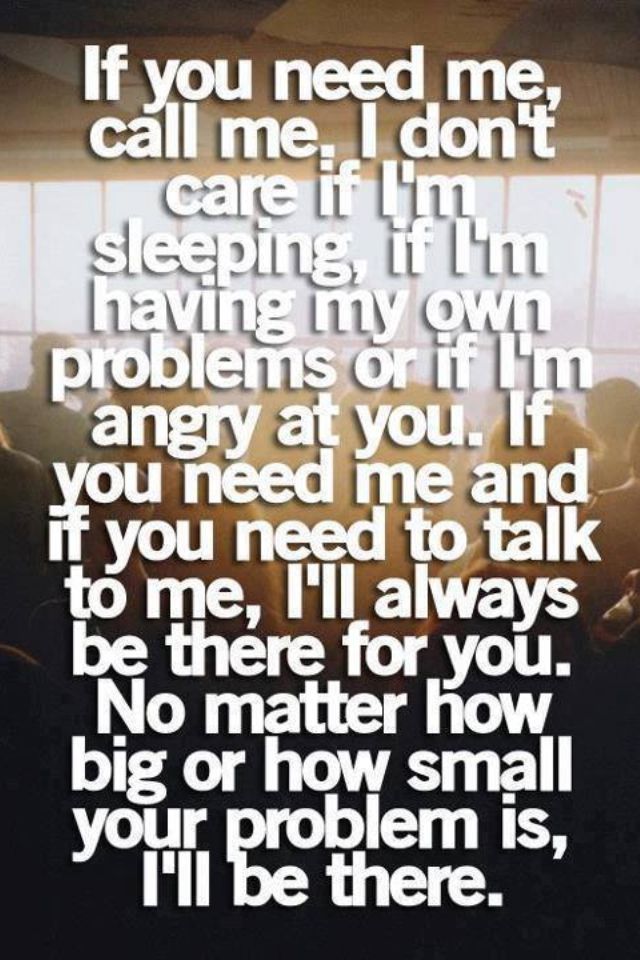
Consistency is the antidote to social jetlag. If some deviation from your sleep-wake times is non-negotiable, prioritize regularity in other aspects of your daily routine, most especially when you eat and exercise, and try to get as much natural outdoor light as you can.
There’s compelling science to suggest regular mealtimes are a solid tactic to steady your circadian rhythm. For example, in a 2020 systematic review and meta-analysis, scientists recommended time-restricted eating (TRE), which "emphasizes the timing of eating within a limited duration" to minimize and prevent the ill effects of circadian misalignment. The paper concluded that TRE improved several metabolic metrics — such as weight gain, blood pressure, glucose levels, and cholesterol levels — for better overall health.
Shift work is another prevalent trigger of circadian misalignment. There are side effects a shift worker can experience from circadian misalignment alone as well as circadian misalignment coupled with sleep debt:
 Another 2019 study highlighted circadian disruption is linked to a greater risk of sarcopenia (progressive muscle loss).
Another 2019 study highlighted circadian disruption is linked to a greater risk of sarcopenia (progressive muscle loss).Turn to sleep hygiene, the daily habits you can do to help you fall asleep and stay asleep at the right times for you. Healthy sleep hygiene can help mitigate the worst of shift work sleep disorder (SWSD), a circadian rhythm disorder affecting shift workers, which causes a lack of energy, difficulty sleeping, and irritability.
Paying attention to sleep hygiene will also stop common sleep disruptors like ill-timed bright light, physical activity, or caffeine causing poor sleep or a less-than-ideal sleep environment keeping you up, which is especially important to stay on top of when you’re already sleeping at odd times.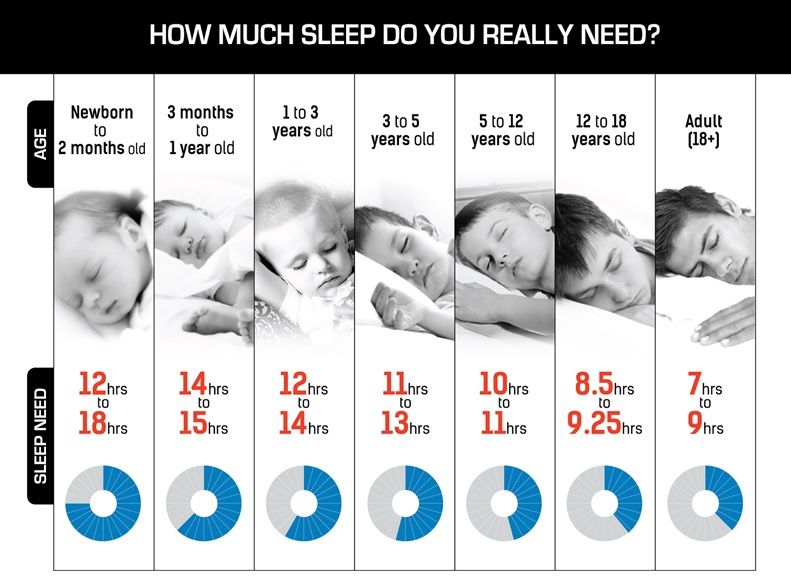
You can also leverage certain circadian cues to bring forward or delay your sleep schedule for better circadian alignment.
For instance, light is the most powerful circadian cue to shift and reset your internal clock. Expose yourself to bright light (preferably sunlight) when you wake up and avoid artificial light (especially blue light) in the few hours before bed (blue light blocking glasses will help!).
If possible, request rotating shifts that move forward in time. Forward shifts push your bedtime backward so you experience less circadian disruption and need less adjustment to your sleep schedule.
The RISE app can guide you through 20+ sleep hygiene habits to help you stay on top of them all. The app will also tell you the best time to do each habit based on your circadian rhythm to make them more effective.
RISE users on iOS 1.202 and above can click here to set up their 20+ in-app habit notifications.
If high sleep debt and circadian misalignment aren't to blame for your persistent tiredness, there may be a chance a health condition is at work (there’s also a chance all three are contributing to your fatigue).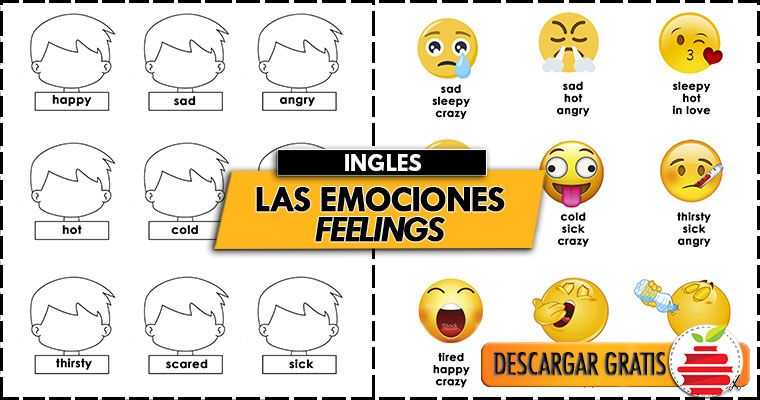
The tendency to sleep longer than the average person is medically known as hypersomnia or oversleeping. And various medical conditions and sleep disorders can cause excessive sleepiness including:
Take note that common symptoms, like joint pain or backaches, can also affect the amount and quality of your sleep, so you end up perpetually sleepy.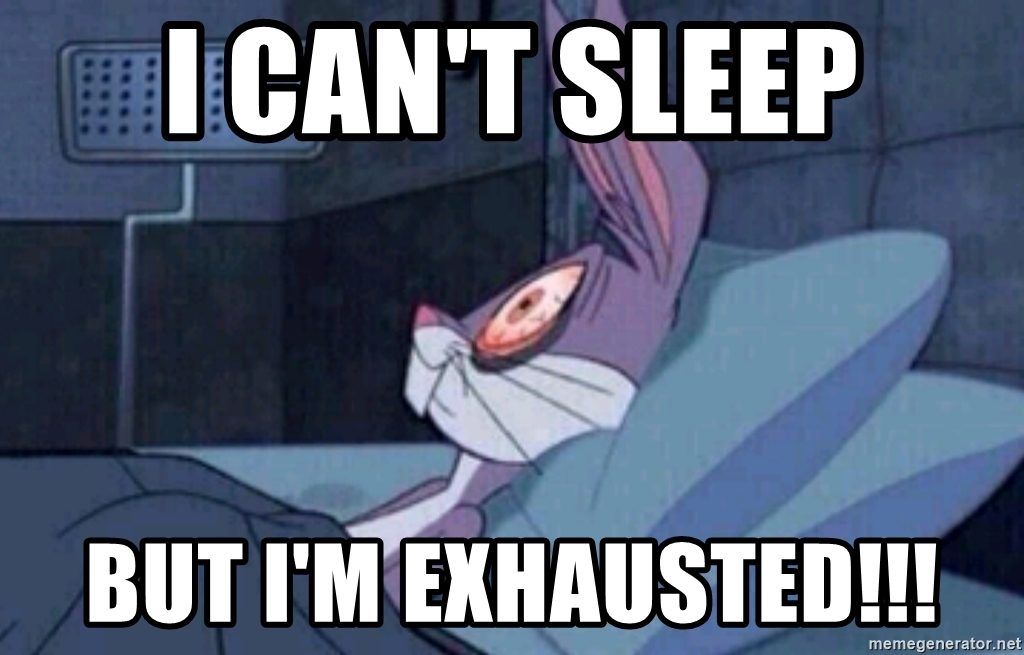 The same goes for certain medications and stimulants, like antihistamines, antidepressants, and alcohol, which can cause drowsiness and sleep problems.
The same goes for certain medications and stimulants, like antihistamines, antidepressants, and alcohol, which can cause drowsiness and sleep problems.
A big lifestyle change can also be a common cause of fatigue, such as:
Speak to your healthcare provider if you think a medical condition is a cause of fatigue for you. They can run tests to see if there’s an underlying cause and suggest treatment options if needed.
Now you know the likely culprits behind your lack of energy, it’s time to do something about them. Here’s how you can get more energy:
Use RISE to find out how much sleep debt you have exactly. We recommend keeping this below five hours to enjoy higher energy levels. If you’ve got more sleep debt than this, you can pay some back by:
 Learn more: What’s the best nap length?
Learn more: What’s the best nap length? We covered a few ways you can live more in sync with your circadian rhythm, but here’s what to keep in mind:

RISE users on iOS 1.202 and above can click here to set up a reminder to check their Melatonin Window.
Stop Feeling Sleepy All the Time With RISEFor the most part, the answer to "Why am I always sleepy no matter how much sleep I get?" is most likely hefty sleep debt and/or circadian misalignment. In rarer cases a chronic illness, medical issue, or medications might be to blame.
But you can stop feeling sleepy all the time with the RISE app. RISE can work out how much sleep debt you have and keep track of it as you pay it back and predict your circadian rhythm each day so you can work to live in sync with it. Plus, RISE can guide you through 20+ sleep hygiene habits to make meeting your sleep need easier, boosting your energy, productivity, and overall well-being.
Are you tired all the time and cannot fathom the reason why? We expect to bounce off the walls with energy and happiness when we sleep well at night. Most people enjoy that benefit, although millions of people across the country feel tired and groggy no matter how many hours of sleep they get at night. If you are among those people, simple changes may be the key to feeling your best once again.
Most people enjoy that benefit, although millions of people across the country feel tired and groggy no matter how many hours of sleep they get at night. If you are among those people, simple changes may be the key to feeling your best once again.
Often, lifestyle changes impact us enough that we feel great with the right amount of sleep. If lifestyle changes do not solve the problem, schedule an appointment with a medical professional. Oftentimes medical conditions cause daytime sleepiness and grogginess. After a medical diagnosis and proper treatment, daytime sleepiness becomes one less issue burdening your life.
Many things may cause you to feel sleepy during the day. Most of us experience this feeling on occasion. It is when you feel tired more often than not that you should worry. Things like the foods that you eat and your pre-bedtime activities may impact how you feel the next day. Or it may be caused by a serious medical condition like restless leg syndrome or sleep apnea.
If you don't think your issues with sleep are due to a medical condition, and simply need customized advice on improving your sleep hygiene, you can try a personal sleep consultation to learn more about your habits and how you can improve.
Now, here's more about some more serious reasons behind your sub-par sleep.
If you're otherwise healthy, but are always sleepy no matter how much sleep you get, you may have Hypersomnia. In short, hypersomnia is a chronic neurological condition that makes you tired no matter how much sleep you get.
If you find yourself being tired throughout the day, even after a full night sleep, you may want to look into hypersomnia to learn the best way to improve your sleep.
Need Help Sleeping Better? Request our FREE Sleep Hygiene Guide.
Check out the list of common causes of daytime sleepiness on the list below:
Many of us lead lifestyles that are not exactly sleep-friendly.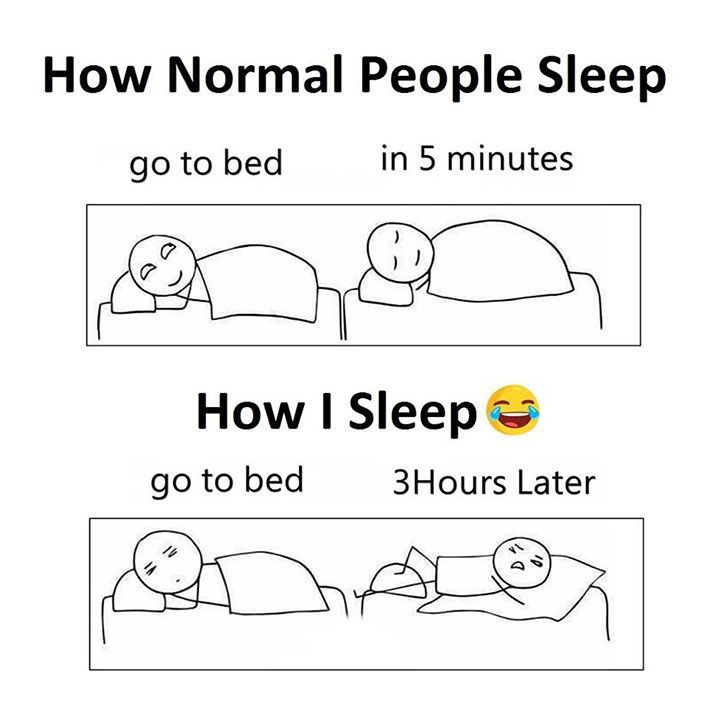 These lifestyles affect our sleep quality and thus impact how we feel the next day. Whether you stay up late cramming for a test or out and about enjoying life with friends, the lack of sleep catches up with you eventually and all the signs that you are sleep-deprived rear their ugly faces. This includes poor decision-making skills, increased risk of an accident, and other undesirable consequences. A little bit of sleep hygiene improves habits that may negatively impact how you feel.
These lifestyles affect our sleep quality and thus impact how we feel the next day. Whether you stay up late cramming for a test or out and about enjoying life with friends, the lack of sleep catches up with you eventually and all the signs that you are sleep-deprived rear their ugly faces. This includes poor decision-making skills, increased risk of an accident, and other undesirable consequences. A little bit of sleep hygiene improves habits that may negatively impact how you feel.
Get Matched With Your Perfect Mattress
We know how hard it is to find a mattress just by reading information online.
Thats why we created a mattress finder quiz to help pair you with the perfect mattress for your sleep style and comfort preferences
One of many medical conditions causing sleepiness, sleep apnea is also very serious because it causes the sufferer to stop breathing while they sleep. A good indication that a person suffers from sleep apnea is waking up feeling tired and unrested. Every person with sleep apnea experiences an array of symptoms. Most common is a loud snort followed by a gasp that causes the sufferer to wake from their slumber. This leads to lighter sleep stages. Some people do not remember the episodes, but instead, others notice their habits. Treatments for sleep apnea usually involves the use of a CPAP machine at home. Sleep apnea is a chronic condition, but with medical intervention, is highly manageable.
Narcolepsy causes a person to randomly fall asleep during the day. The person may be in the middle of a conversation when they suddenly nod off. Narcolepsy patients may sleep for minutes or longer and wake up and resume activities as nothing happened. Narcolepsy symptoms often appear suddenly without warning or indication of a problem. One of the four defining symptoms of narcolepsy is excessive sleepiness. Cataplexy is another symptom of narcolepsy. Ritalin and other prescription medications may treat narcolepsy. This condition must be diagnosed and treated by a medical professional.
The person may be in the middle of a conversation when they suddenly nod off. Narcolepsy patients may sleep for minutes or longer and wake up and resume activities as nothing happened. Narcolepsy symptoms often appear suddenly without warning or indication of a problem. One of the four defining symptoms of narcolepsy is excessive sleepiness. Cataplexy is another symptom of narcolepsy. Ritalin and other prescription medications may treat narcolepsy. This condition must be diagnosed and treated by a medical professional.
Any disorder that requires excessive movements during the day may cause you to feel tired and sleepy the following day. Restless Leg Syndrome, or RLS, is among the most common of those disorders. People of all ages and backgrounds may experience restless leg syndrome. Characterized by uncomfortable sensations (may say it feels like they are being poked with pins) RLS occurs commonly during the evening hours when a person lays down to rest. It may also worsen with age and occurs more often in older adults. Moving the legs around usually minimizes the discomfort. Your doctor has several treatment options available for RLS relief.
It may also worsen with age and occurs more often in older adults. Moving the legs around usually minimizes the discomfort. Your doctor has several treatment options available for RLS relief.
Circadian Rhythm is the body's natural clock. It helps coordinate the body's activities to the timing of light and dark. When the circadian rhythm is distorted, you may feel sleepy when at work or during other inappropriate times. People with these disorders may have trouble falling asleep or staying asleep. Light therapy and melatonin are two popular treatments that help get the circadian rhythm back on track, so you feel well-rested and ready to roar. Visit your doctor who can diagnose the exact condition and recommend and prescribe the best course of treatment for your specific needs.
Chronic fatigue syndrome is a medical condition that still baffles doctors. The exact cause of this condition is unknown, but what experts know about it is that sufferers experience a myriad conditions and symptoms ranging from poor sleep quality, fatigue, confusion, poor decision-making skills, daytime sleepiness, and many others.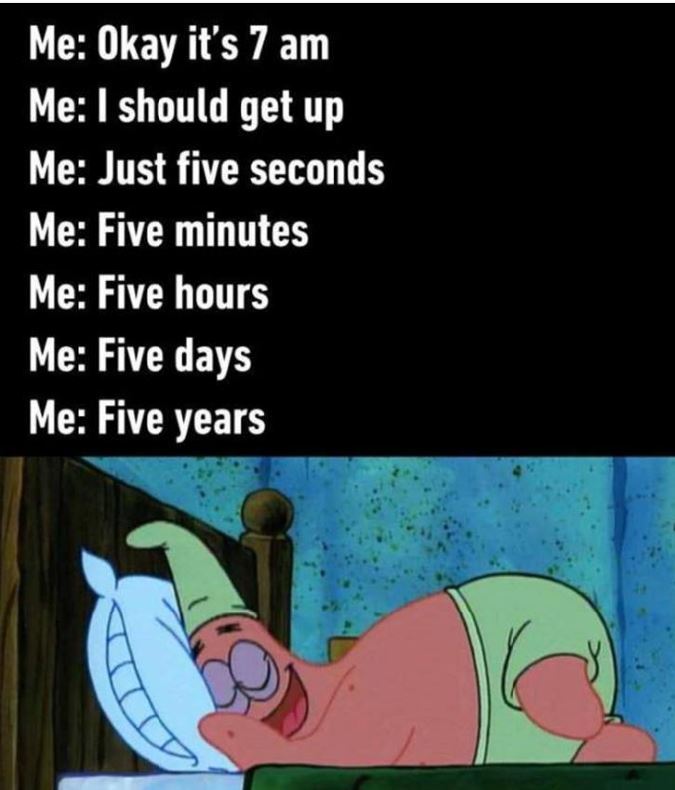 Therapy, medication, and self-care often improve the condition. People of all ages experience chronic fatigue, though more common in older adults.
Therapy, medication, and self-care often improve the condition. People of all ages experience chronic fatigue, though more common in older adults.
Everyone feels sleepy or tired from time to time, even when they slept well the night prior. When this feeling occurs often, there is a problem. Do not ignore daytime sleepiness and other sleep problems. Signs and symptoms that occur may indicate a more serious problem that needs immediate medical attention. The causes above lead to daytime sleepiness more often than others, although this list certainly is not complete. Change your lifestyle using the above information and if you are still tired all the time without any noticeable changes within a few days, schedule an appointment with your doctor to rule out or diagnose medical conditions like chronic fatigue that may cause sleepiness.
"All I want to do is sleep" - 19 reasons you're so damn tired
Get yourself out of bed no matter how much sleep you got last night? Or do you feel that you lack concentration and energy at all?
Something may be wrong with your personal estimate of the amount of time you need to rest, other than lack of sleep.
Certain health conditions and lifestyle factors can cause drowsiness. Here are a few possible reasons why you can feel very sleepy:
Health and sleepiness go hand in hand. Certain health conditions can cause you to feel like you have no energy or need to sleep. Others can cause extreme fatigue or loss of concentration. nine0005
Sometimes it seems that no matter how much you sleep, you will never be able to sleep.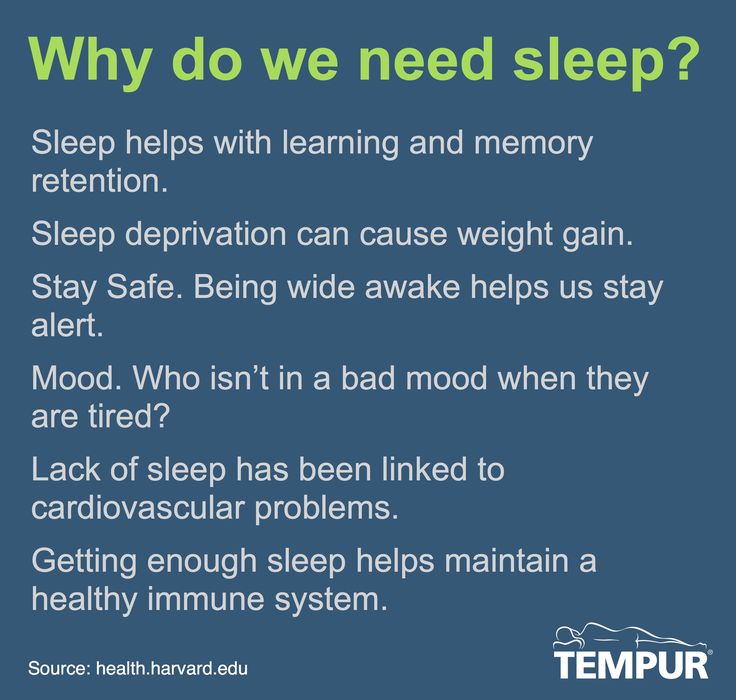 If you are very tired after not getting enough sleep - or after a long sleep - one of the following diseases may be to blame.
If you are very tired after not getting enough sleep - or after a long sleep - one of the following diseases may be to blame.
Chronic fatigue syndrome (CFS) affects about 1 million people in the United States. Women are more likely to be diagnosed with chronic fatigue syndrome. Symptoms include extreme tiredness, weakness, trouble sleeping, and not feeling refreshed after sleep. nine0005
You may also have other symptoms, such as:
Some people with chronic fatigue syndrome experience post-exercise malaise, a temporary period of extreme fatigue after little physical or mental activity. nine0005
Thyroid disorders such as hypothyroidism (when your thyroid gland does not produce enough thyroid hormone), Hashimoto's thyroiditis, and Graves' disease can cause fatigue.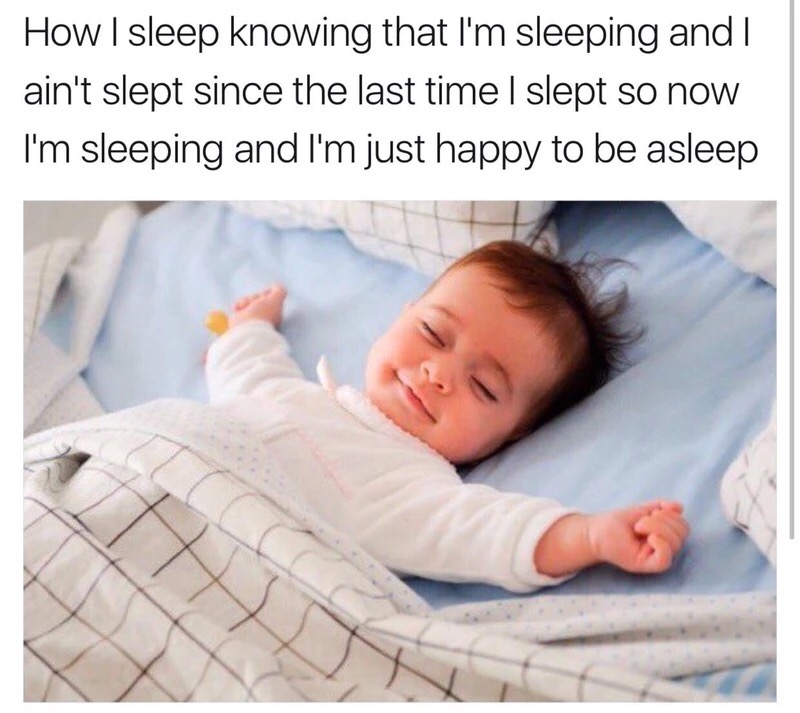 Even hyperthyroidism (when your thyroid produces excessive amounts of thyroid hormones) can make it difficult to sleep, making you more tired.
Even hyperthyroidism (when your thyroid produces excessive amounts of thyroid hormones) can make it difficult to sleep, making you more tired.
Thyroid hormones play an important role in the metabolism and circadian rhythms that help you sleep, so when they are out of balance, you may find yourself feeling sleepy all the time. nine0005
Anemia means you don't have enough healthy red blood cells. Because iron is essential for red blood cells, iron deficiency is the most common cause of anemia.
Studies show that sleep quality is worse in people with iron deficiency anemia.
Anemia does not always cause symptoms, but some people have them:
Approximately 4 million adults in the United States suffer from fibromyalgia, a sleep disorder that is a common condition, a sleep disorder that is widespread.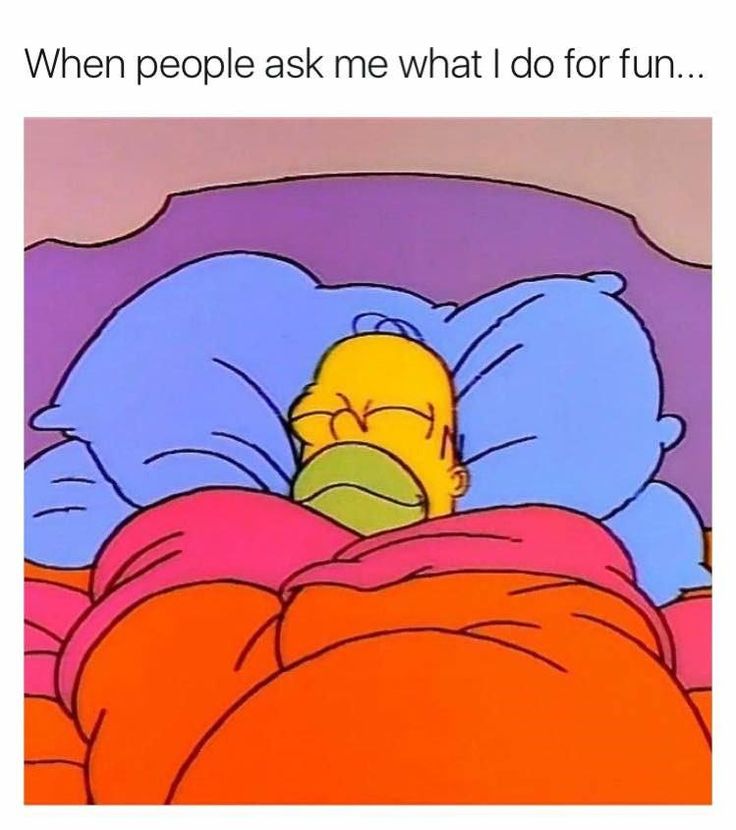
You may also have the following fibromyalgia symptoms:0019 anxiety
Reducing pain is an important part of improving sleep for people with fibromyalgia. Research has shown that people with fibromyalgia pain experience reduced sleep quality and duration, and increased sleep disturbances.
Allergies are almost always seasonal, from pollen in spring and summer to moldy autumn leaves. nine0005
General symptoms of seasonal allergies (also known as hay fever or allergic rhinitis):
But do you know whether you know that seasonal allergies are also associated with fatigue, sleep problems, and thinking problems? A 2018 study found that during pollen season, people with allergies experience increased fatigue and sleepiness, as well as longer periods of deep sleep.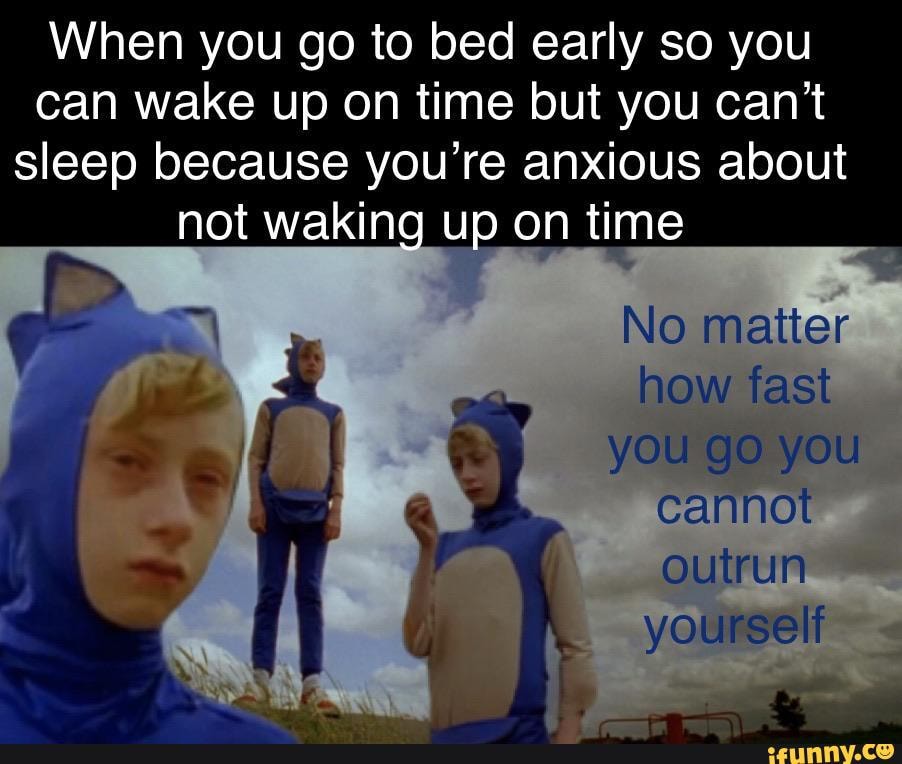 nine0005
nine0005
Fighting seasonal allergies with antihistamines can also be a source of drowsiness. Antihistamines are known to cause drowsiness. Try taking them before bed, or look for mixtures that don't make you sleepy.
Flu, cold, occasional virus - getting more sleep when you're sick is normal. It's a two-way street: your immune system affects your sleep patterns, and the quality of your sleep affects your immune system. nine0005
Thus, your body's inflammatory response to an infection may make you sleep more or may disturb your sleep.
Sleep disorders can really ruin your rest. Here are just a few of the more than 80 known sleep disorders:
This is the most common sleep disorder. This means you cannot sleep
This is a condition where you stop breathing while you sleep
This condition causes your legs to tingle and feel as if they should move, which interferes with your ability to fall asleep
These conditions disrupt the natural rhythms in your body that help you sleep and wake up at the right time
In this condition, you exhibit unusual sleep behavior, such as sleepwalking
If you have an autoimmune disease, your immune system attacks healthy parts of your body, causing inflammation.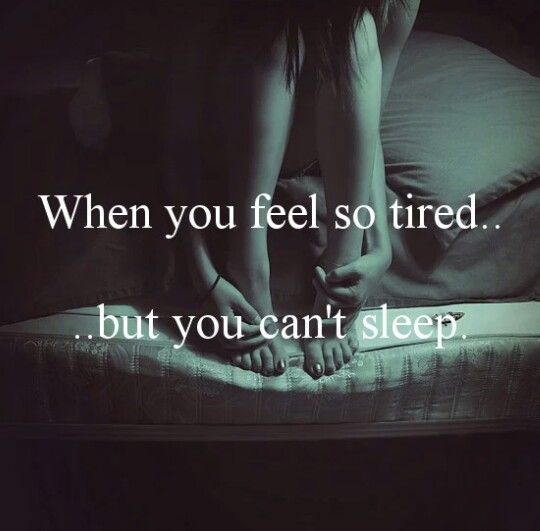 A few examples are multiple sclerosis, lupus, celiac disease, and rheumatoid arthritis.
A few examples are multiple sclerosis, lupus, celiac disease, and rheumatoid arthritis.
Inflammation contributes to drowsiness, which is why extreme fatigue is a common symptom of autoimmune diseases. Other symptoms vary depending on the condition.
Diabetes and sleep problems are a chicken or egg situation. There seems to be some connection between the two, as people with diabetes often have trouble sleeping. Studies have shown that over 90% of people with type 2 diabetes report sleep problems.
Fatigue is a common symptom of heart disease and may seem unlikely if you are in good health right now. Sorry for the fact that you may be depressed, but heart disease is the most common cause of death in the United States.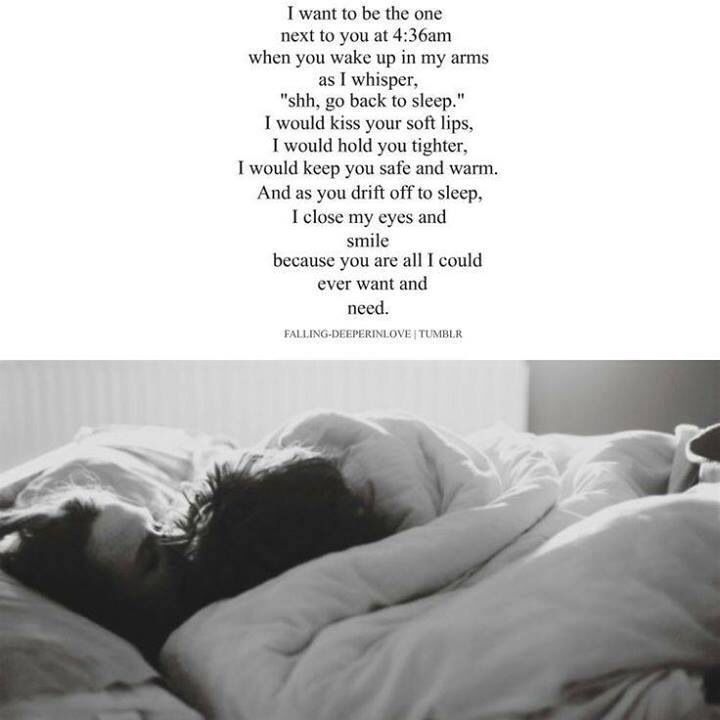
In a study of 102 people with heart disease, 40 percent reported being tired more than 3 days a week and more than half a day. The women in the study felt more tired, and the fatigue interfered more with their activities. nine0005
Symptoms may vary depending on the type of heart disease, but any chest pain or shortness of breath should see a doctor.
It is logical that raising and raising a child is a very hard work that takes a lot of energy, but pregnancy can lead to even more fatigue. It can go as far as situations that are described as "taking a nap in the bathroom at work."
Some reasons why you may feel low on energy during pregnancy:
If you are tired during pregnancy, there is probably little you can do about it other than sleep. But talking to your doctor can help rule out any problems that may require treatment, such as anemia.
Nearly 50% of women who have their period experience premenstrual syndrome (also known as PMS), which can be very tiring. Other possible symptoms include:
Decreased estrogen levels before menstruation can also lead to a decrease in acetylcholine, dopamine and serotonin, which can contribute to fatigue and insomnia. nine0005
What you eat can really affect your energy levels. Similar to iron deficiency, vitamin B12 deficiency can also cause anemia and fatigue. Vegans and vegetarians are especially prone to B12 deficiency since animal products are the main source of B12.
The following nutrients also affect the amount of physical and mental energy:
A varied diet with plenty of minerals and vitamins should help, but your doctor or dietitian can help you select dietary supplements to fill any gaps in your diet.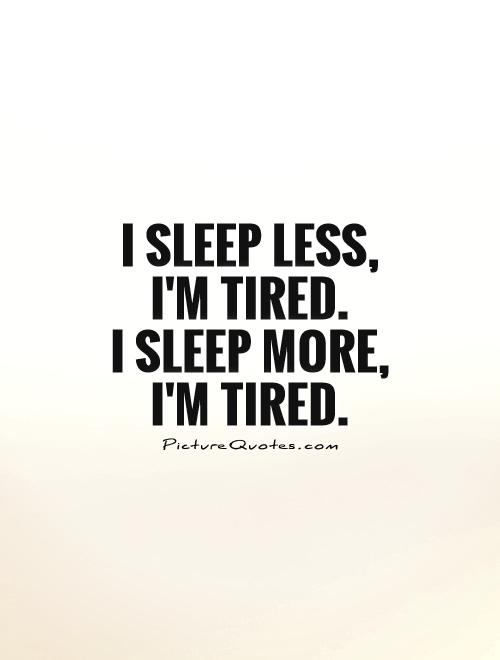
Fatigue is a symptom of dehydration, so if you haven't taken h3O, it's time to drink water.
Other symptoms of dehydration:
You are more at risk of dehydration, when you suffer from vomiting or diarrhea.
Stress can affect your body in many ways, including making you feel tired.
Here are some of the reasons stress can make you tired:
People with depression often sleep all day or cannot get out of bed.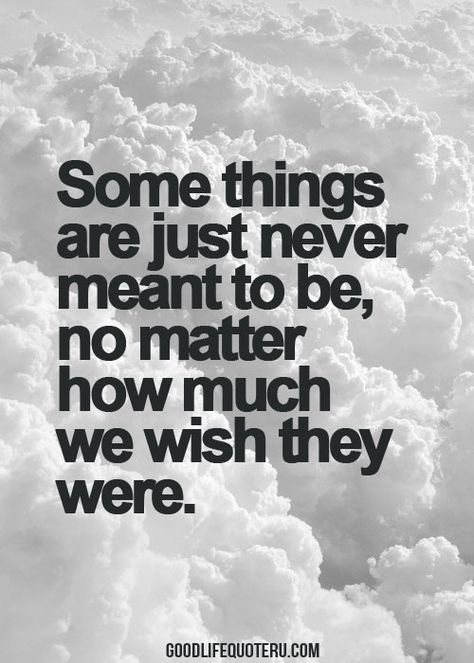
Sleep problems are actually a very common symptom of depression. Insomnia can also lead to depression.
Other symptoms of depression:
Tension and uncontrolled anxiety, accompanying anxiety, can seriously complicate alert. dream. Insomnia can also cause anxiety.
Other anxiety symptoms:
Bipolar disorder - this is a state of psychic health, which causes this state sudden mood changes, such as sudden arousal (called mania) or deep depression.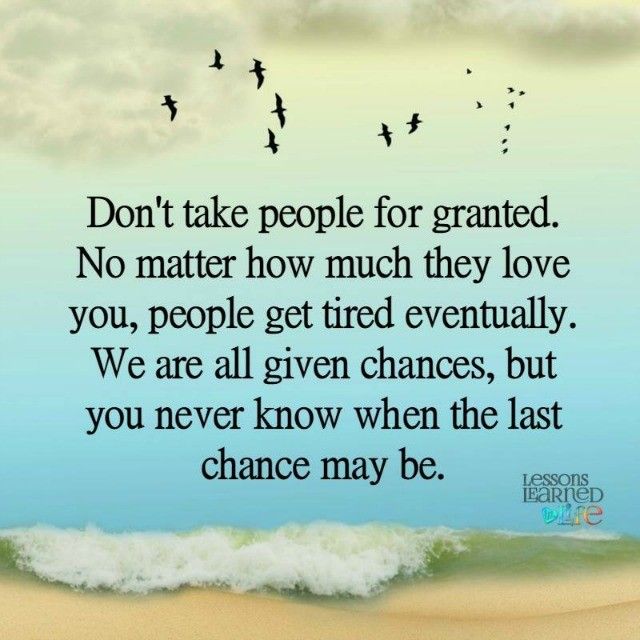 nine0005
nine0005
There are several different types of bipolar disorder, but episodes of mania and depression can affect your ability to sleep or make you very tired.
The episode of mania can cause such symptoms as:
Episode of depression can cause such as:
Attention deficit hyperactivity disorder (ADHD) can make it difficult to sit still, focus on tasks, and pay attention (among other symptoms). These effects can interfere with daily life. nine0005
These effects can interfere with daily life. nine0005
It is estimated that 2.5% of adults and 8.4% of children in the United States are diagnosed with Attention Deficit Hyperactivity Disorder.
If you have ADHD, you may also experience chronic exhaustion and sleep problems.
Whether your sleep is being affected by a health condition or behavior (such as staying up late), here are a few things you can do right now to feel more rested and energized:
 nine0020
nine0020
If you think a health condition is reducing your energy levels, the best way to achieve your sleep goals is to see a sleep doctor. He can help you determine the root cause of this constant need for sleep and suggest treatment options. nine0005
Make an appointment with your doctor and discuss any symptoms you are experiencing, as well as lack of sleep and fatigue. The doctor may then order tests or refer you to specialists.
Depending on your diagnosis, there are medications, equipment, habits, and treatments that can help you sleep better or treat a medical condition that's causing sleep problems.
A simple blood test can also help you determine if you have anemia or certain vitamin deficiencies, which can be treated with diet and supplements.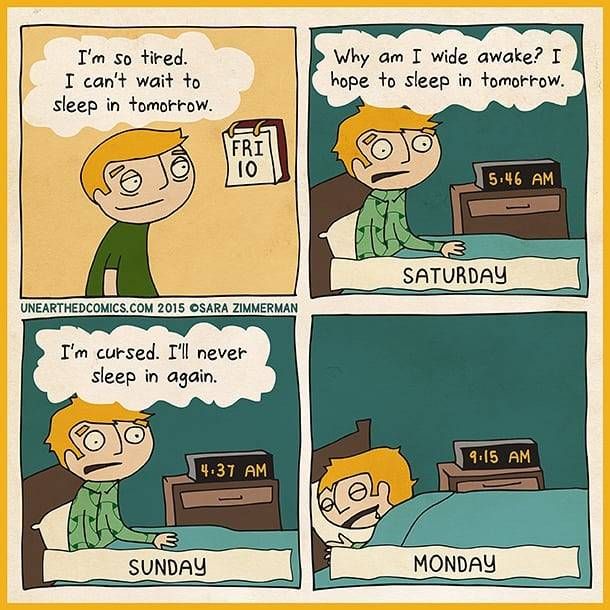 nine0005
nine0005
If stress or a mental condition is causing a lack of energy or a need for sleep, stress therapy or cognitive behavioral therapy may also be a helpful tool.
One of the main biological rhythms is the 24-hour circadian rhythm. The human body is synchronized with the change of day and night, and the period from dusk to dawn is the most favorable for sleep. It is believed that 8-9 hours is the optimal duration of sleep, and experts advise falling asleep before 11 pm. However, the quality of sleep depends not only on its duration and rise time.
Chronobiology as a science arose in the 18th century.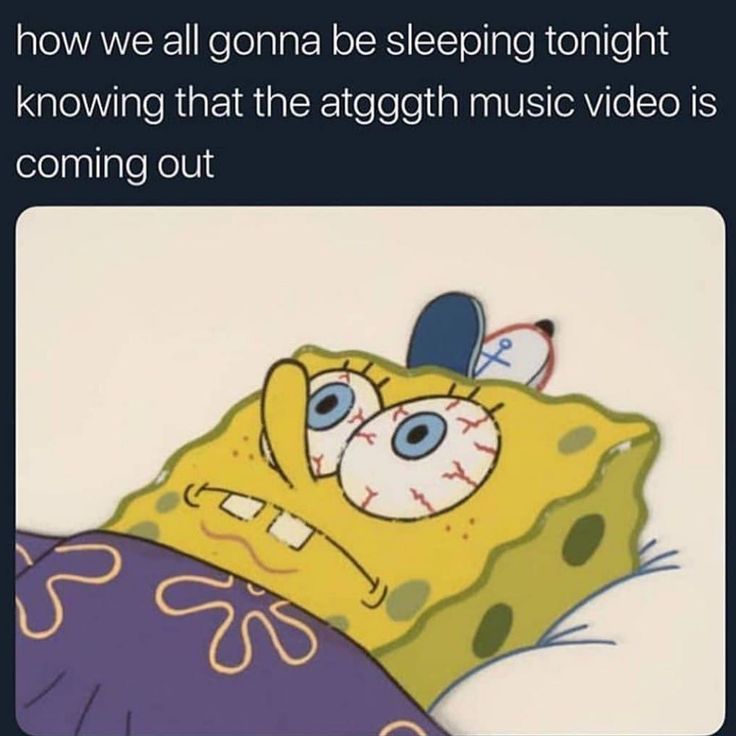 It explores periodic phenomena occurring in living organisms over time. These cycles are called biological rhythms. Chronobiological works include research in the field of comparative anatomy, physiology, genetics, and molecular biology. nine0005
It explores periodic phenomena occurring in living organisms over time. These cycles are called biological rhythms. Chronobiological works include research in the field of comparative anatomy, physiology, genetics, and molecular biology. nine0005
There are two phases: REM and non-REM sleep.
Slow-wave sleep:
Stage I 10-15 minutes. A state of dormancy.
Stage II 20 minutes. Deeper immersion in sleep, but the person remains sensitive to external sounds.
Stage III 45 minutes. The stage of deeper immersion in sleep.
Stage IV Deep sleep. 45 minutes.
REM sleep is the fifth stage of sleep, lasting about 60 minutes. A sleeping person is in the most active state, dreams can be remembered. This period is called "paradoxical", since during this phase the muscles remain relaxed, and the brain, on the contrary, is active and ready to perceive and process information. For healthy sleep, you need to go through 3-6 cycles. A lighter rise is expected at the stage of light sleep - at the 1st or 2nd stage. nine0005
A lighter rise is expected at the stage of light sleep - at the 1st or 2nd stage. nine0005
In accordance with these phases, various applications and gadgets work that analyze sleep and choose the most suitable period for getting up. You can calculate these stages yourself and determine the time at which you need to get up.
Therefore, if one of these phases is disturbed, or if the transition between them occurs too quickly, sleep disturbances occur, regardless of its duration. Sleep disruption not only affects daytime activities, but is also associated with various adverse health outcomes such as obesity, reduced quality of life, and even mortality. nine0005
Light from electronics sends alarm signals to the brain. The circadian rhythm seems to be particularly sensitive to short wavelength light, in particular to blue light in the 460nm range of the electromagnetic spectrum. It is emitted by gadgets, as well as energy-saving light bulbs.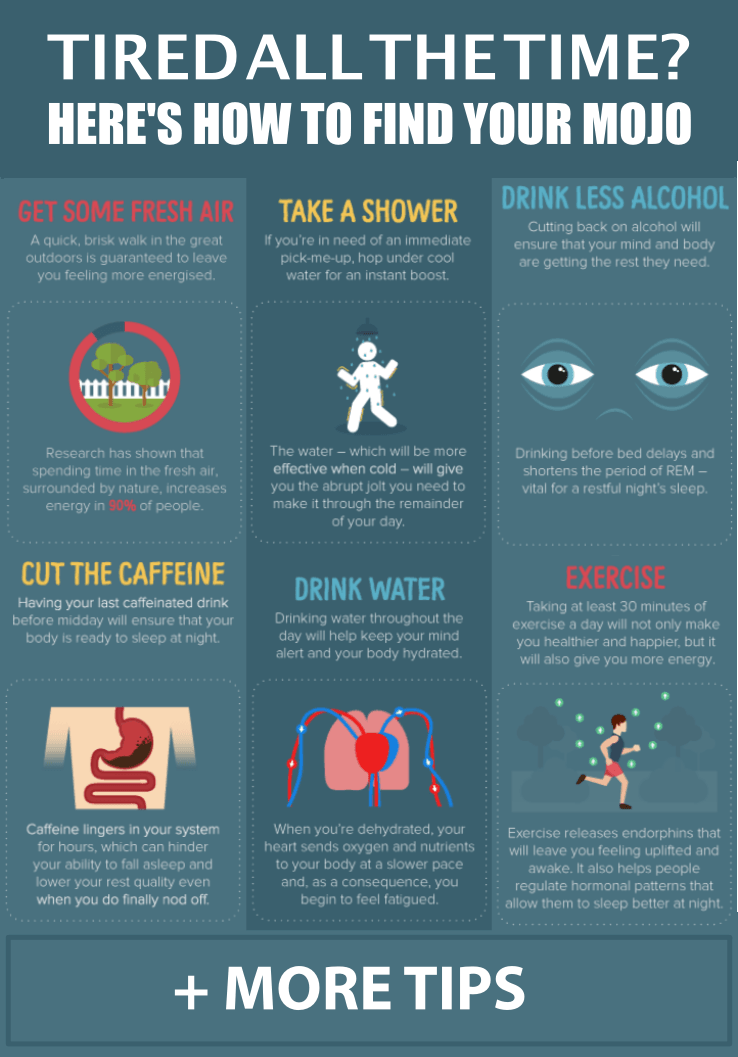 This light, according to a study by the international organization Sleep Foundation, delays the release of melatonin, a hormone that is produced for healthy sleep. nine0005
This light, according to a study by the international organization Sleep Foundation, delays the release of melatonin, a hormone that is produced for healthy sleep. nine0005
Melatonin tells the body that night has come and prepares it for sleep, but the light from gadgets interferes with its production and causes anxiety
In other words, gadgets make you be in an excited state before going to bed and will not allow you to go to the stage of deep sleep for a long time. Therefore, it is necessary not to use gadgets at least an hour before bedtime and reduce the light.
Certain odors can interfere with your sleep. For example, the Sleep Foundation has determined that lavender lowers heart rate and blood pressure. This can potentially lead to a more relaxed state. In the study, researchers monitored subjects' brain waves at night and found that those who sniffed lavender before bed slept more soundly and felt more alert in the morning. Another study of infants found that they cried less and slept better after bathing with lavender-scented oils. Of course, lavender is not a cure for insomnia, but having oils, candles, or sachets in the room can be soothing. nine0005
Another study of infants found that they cried less and slept better after bathing with lavender-scented oils. Of course, lavender is not a cure for insomnia, but having oils, candles, or sachets in the room can be soothing. nine0005
However, scents that are too strong can also disturb your sleep. In particular, detergents must be carefully selected. Some of them can cause irritation and, as a result, cause the body to be in an excited state, even if thoughts do not interfere with sleep.
If you do vigorous exercise before bed, your body is awake afterward, even if you feel tired and ready for bed. Muscles are in tension for at least another two hours (depending on the intensity of training). By exercising before melatonin begins to be produced (on average, the process begins at 8 pm), on the contrary, you contribute to falling asleep quickly and healthy sleep. At least two hours before bedtime, physical activity is undesirable. For example, if you go to bed at 11, sports should end at 8 pm. nine0005
nine0005
Caffeine is not only found in coffee and energy drinks. The body can excite the use of Coca-Cola, cocoa, dark chocolate, strong tea. Accordingly, other desserts containing these ingredients are also not recommended before bedtime.
The thermal environment is a key factor in sleep, say National Institutes of Health researchers. Too high or low ambient temperatures can affect the sleep of even healthy people who do not suffer from insomnia. Among various thermal environmental factors, the relationship between the use of clothing and bedding in humans and animals varies greatly. The effect of temperature on sleep stages differs depending on whether subjects are semi-nude or wearing bedding and clothing. This greatly helps to maintain body temperature at an acceptable thermal level in various environments. nine0005
The optimum temperature for sleeping is 20 degrees, the room must first be ventilated.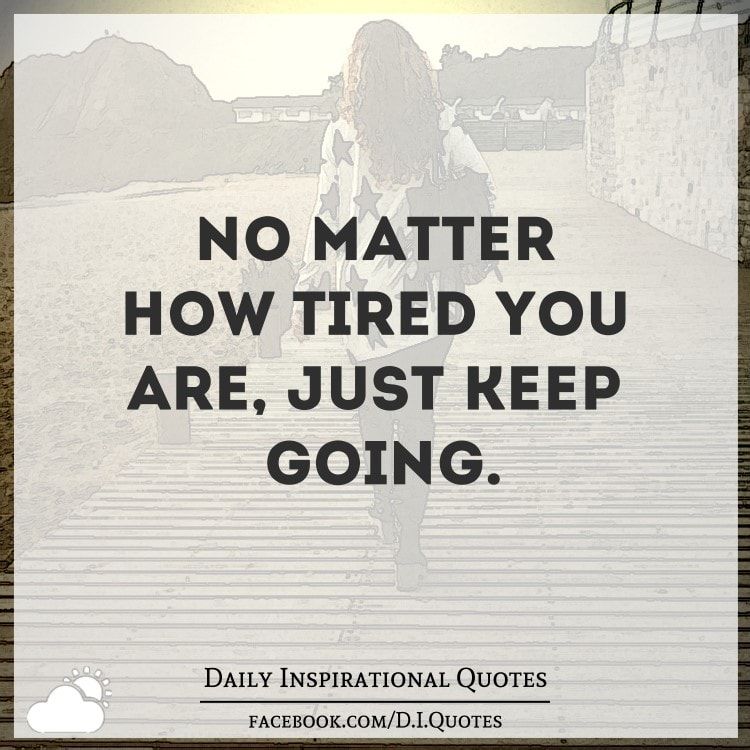 Accordingly, at this temperature, clothing and a cover should not increase your body temperature, but maintain it. Melatonin is more actively produced in a cool, ventilated room, as blood circulation improves in such an environment.
Accordingly, at this temperature, clothing and a cover should not increase your body temperature, but maintain it. Melatonin is more actively produced in a cool, ventilated room, as blood circulation improves in such an environment.
Source: Pim Chu / unsplash.com
Unhealthy sleep can also be associated with more serious disorders - parasomnias. This is a group of sleep disorders that are characterized by unusual human behavior during this period. There are four classifications of such deviations in accordance with the phases of sleep. nine0005
The most common form of parasomnia associated with non-REM sleep. It includes sleepwalking (in other words, sleepwalking), night terrors and awakenings. The brain does not have time to move from one phase of sleep to another, being in a state of wakefulness, which causes various deviations that are not conscious of a person. Sleepwalking is the so-called sleepwalking. The human body wakes up while his brain continues to sleep, so in the morning he does not remember anything.